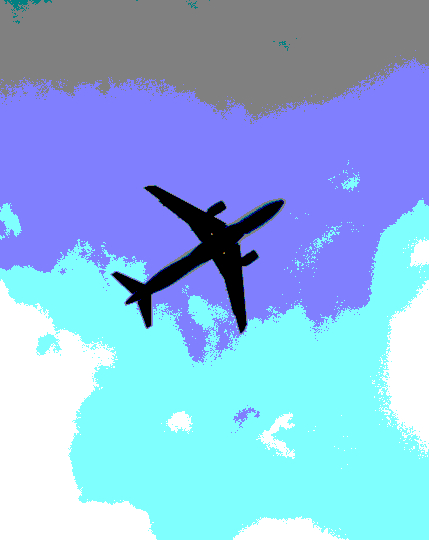Airline scarcity drives price
 The ACCC says the Qantas-Jetstar and Virgin airline duopoly is driving up domestic flight prices.
The ACCC says the Qantas-Jetstar and Virgin airline duopoly is driving up domestic flight prices.
The Australian Competition and Consumer Commission (ACCC) has released a report calling on the federal government to consider regulations that would require airlines to compensate passengers for flight cancellations and delays.
The report criticised the airline industry, revealing that in April, nearly 4 per cent of domestic flights were cancelled and close to 30 per cent were delayed.
Jetstar, a subsidiary of Qantas, was singled out as “notably worse” than other airlines, with an 8 per cent cancellation rate in April.
According to the report, the lack of competition in the domestic market has contributed to higher prices and diminished services for consumers.
Despite the emergence of competitors such as regional carrier Rex and budget newcomer Bonza, Virgin and Qantas transported over 90 per cent of passengers in the past year.
The report referred to this duopoly as one of the most concentrated in Australia, leading to unsatisfactory outcomes for passengers.
The ACCC recommended long-term measures to improve competition and suggested that the government explore options for introducing consumer compensation entitlements for flight delays or cancellations.
The report also highlighted the need for a new dispute resolution system between airlines and customers, calling for the replacement of the current Airline Customer Advocate with an independent ombudsman empowered to make binding decisions.
While airlines argued that some factors causing delays and cancellations were beyond their control, the ACCC says that passenger compensation policies could improve competition without unintended consequences.
The report warns of dire consequences if Rex and Bonza fail, stating that their success is crucial for fostering competition in the domestic airline industry.
To facilitate this, the report urged changes to the allocation of take-off and landing slots at Sydney Airport, where access restrictions hinder smaller airlines' growth.
The report also highlights the ongoing recovery of the industry from the COVID-19 pandemic, with airlines operating at reduced capacity and flying fewer passengers compared to 2019.
While airfares have started to decline due to decreased demand and lower fuel costs, they remain higher than pre-pandemic levels.
The full report is accessible here.








 Print
Print